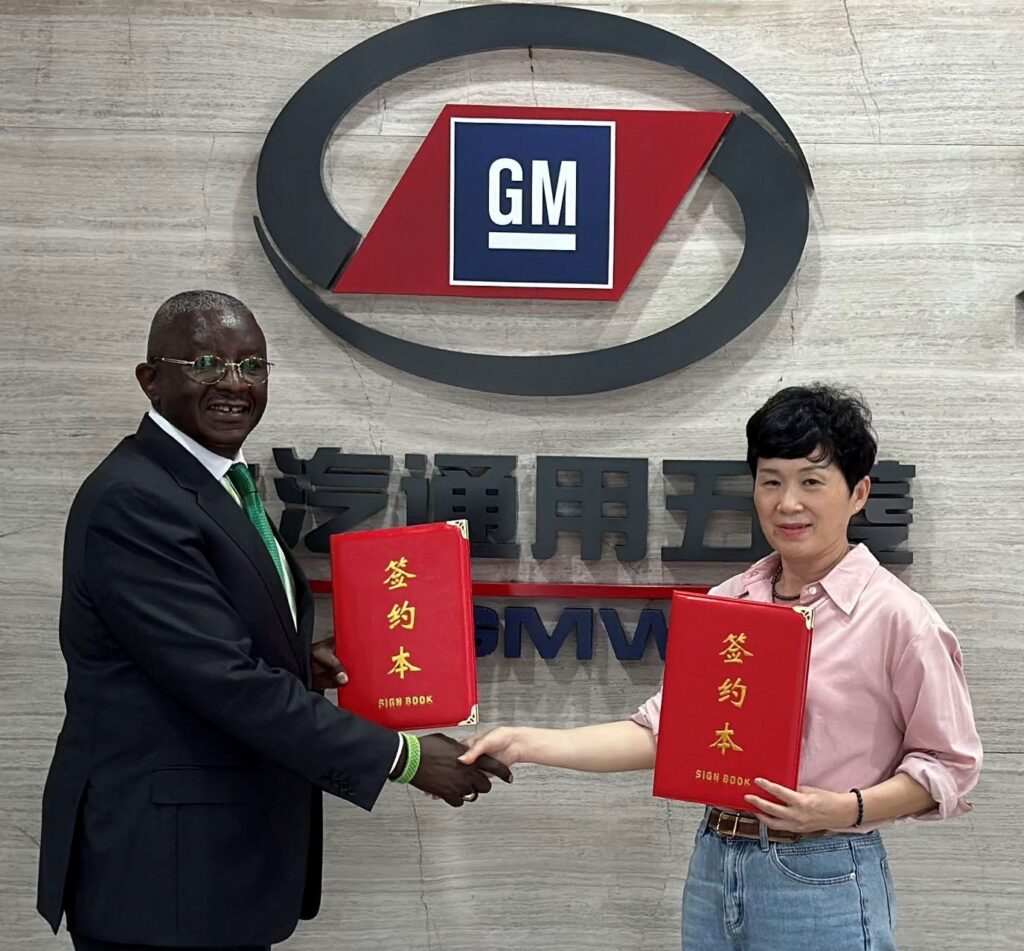After seven years of relentless efforts by a team of engineers from Europe, Asia and Kenya, Autopax Limited, a company that I founded unveiled a ground-breaking deal with a global leading automotive manufacturer Saic GM Wuling Automobile Company Limited (SGMW) of China to Produce an affordable Kenyan Electric Vehicle tailored to meet the unique needs of the Kenyan market. This is only the latest in a series of developments that have put Kenya in pole position to be become a global leader in the widespread adoption of electric vehicles and motorcycles.
President Ruto has detailed his government support for the boda boda sector and that by September 1st 2023, all is set to introduce thousands of electric bikes to the market. I join Kenya’s Motorcycle fraternity in sincerely commending the Government for these critical steps in the right direction.
In order to make the most of emerging electric mobility opportunities, we need to draw lessons from our past and from other countries.
Firstly, we must ensure a level playing field for all businesses in the motorcycle value chain. Twenty years ago, the government famously introduced mandatory seatbelt requirement in public service vehicles. Surprisingly, no sooner had the policy been enacted than seatbelts instantly showed up at Mombasa Port. Evidently, connected business players with insider information had pulled a fast one on everyone else.
There are about twenty-five motorcycle assemblers in Kenya with a combined installed capacity of producing 550,000 motorcycles annually comprising electric motorcycles. Accordingly, Kenya is getting set for the African market. In addition, nearly 2.5 million Kenyans depend on the sector for a living. They include Motorcycle Assemblers, local component manufacturers, boda boda riders, dealers, and mechanics. According to Motorcycle Assemblers Association of Kenya (MAAK) each of them supports the livelihoods of an average of 6 Kenyans. As such, roughly 15 million Kenyans depend on the motorcycle sector for their livelihoods. That is why the transition to electric mobility must be managed delicately and wisely.
It is heartwarming that most of the seventeen local motorcycle assemblers have already recognized the green opportunity and have enthusiastically started the journey towards electric motorcycles. The local parts manufacturers are also engaging to produce local components as required by the existing Motorcycle regulations. This means greener jobs.
The second key lesson can be found in Taiwan, one of the four Asian Tigers.
In the early 2000s Taiwan was like Kenya – its capital, Taipei was awash with motorcycles, crisscrossing every neighbourhood.
In 2022, 12% of all scooters sold in Taiwan were electric. Ninety percent of these scooters rely on an innovative battery swapping that has fueled the growth of electric scooters in the country. Over the years, a Taiwanese company known as Gogoro has established battery-swapping stations that are as common as gas stations in Taiwan. Most of the country’s 526,000 riders depend on the stations to swap an average of 400,000 batteries daily. This system is wildly popular because riders don’t have to spend time charging their batteries. They simply swap and go.
Such is the infrastructure that has catapulted Taiwan to the top echelon of electric two-wheelers. In order to emulate Taiwan’s runaway success, we must focus on three main areas: infrastructure, product quality and product safety.
All stakeholders from the public and private sectors should spare no effort in conceptualizing and actualizing an elaborate battery charging or swapping infrastructure. Without that, uptake of electric motorcycles will face severe turbulence. For battery swapping to be an option, the motorcycles would have to be specially designed to meet the current needs of a bodaboda rider in Kenya today. In this regard, there will be need for an elaborate quality assurance of the motorcycles. They must be fit for our roads, fit for our pockets, fit for our needs and fit for our safety. Due to the extremely high risks involved, the ongoing casual and dangerous conversion of internal combustion engines into electric motorcycles must be avoided. Think green, act green!



